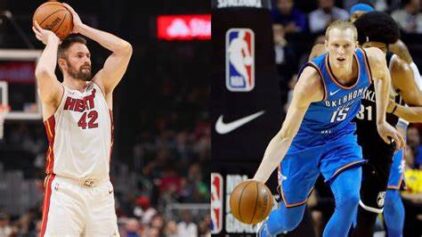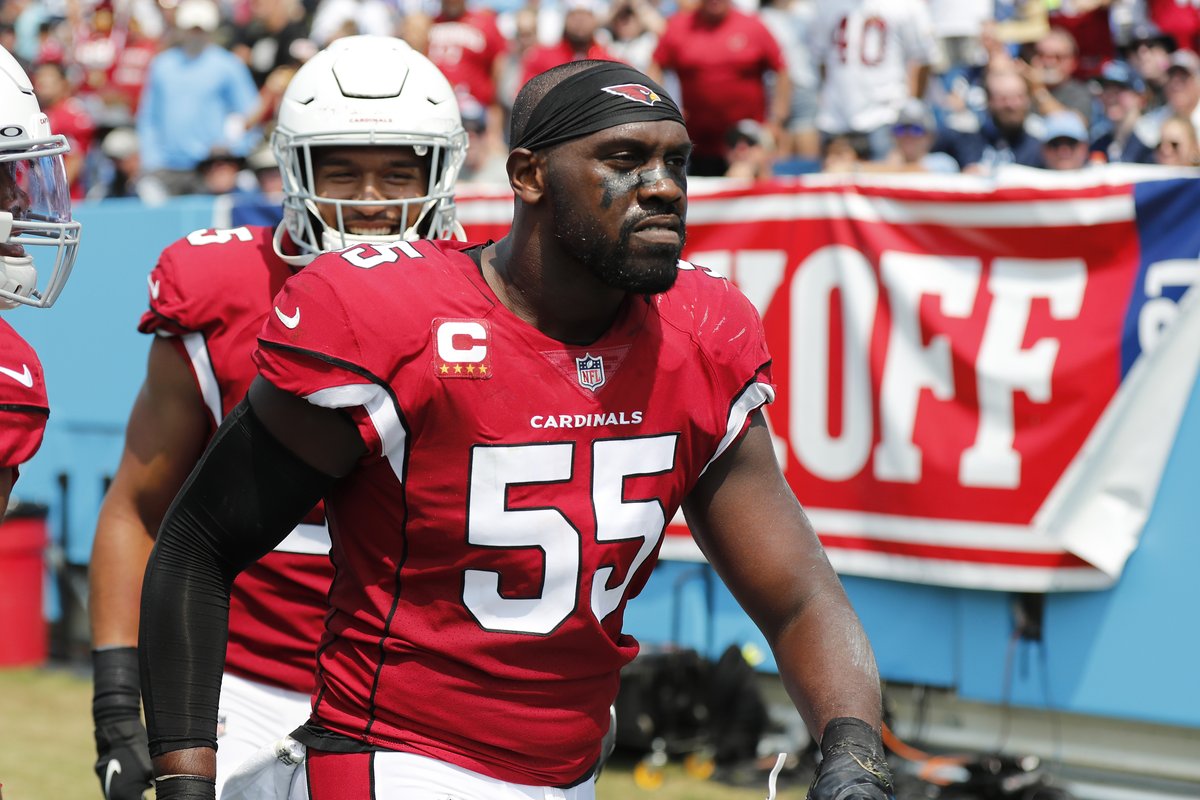There are reasons why many are afraid to venture across the middle of the NFL gridiron; one of those reasons was Brian Dawkins.
The hard-hitting safety from Clemson roamed the NFL secondary for 16 seasons, 13 with the Eagles and 3 with the Broncos. During his time, Dawkins was one of the most feared players on the planet. As a 5x Eagles Defensive MVP, Dawkins was selected to five First-Team All-Pro teams and went to nine Pro Bowls.
Dawkins holds the Eagles record for most games played (183) and was the first player in NFL history to record a sack, interception, fumble recovery and touchdown catch in one game (vs. Texans on 9/29/02). These performances and accolades earned him a Pro Football Hall of Fame induction, which takes place this Saturday in Canton, where he will be enshrined alongside other legendary safeties such as Rod Woodson, Kenny Easley, and Ronnie Lott.
But while Dawkins was blasting players like Alge Crumpler and Fred Lane out of their cleats, it turns out that life was hitting him even harder.
In an interview with Derrick Gunn of NBC Sports Philadelphia, Dawkins revealed that he was battling more than just opposing players; he was battling for his life with opponents named anger, alcohol and depression, and it was a battle he almost lost.
“When you’re a newlywed, that’s tough in itself,” said Dawkins to Gunn. “You have your way of doing things and your spouse has their way, and there are some things that clash in between. But I also had issues growing up period with my anger issues. Not being able to deal with some of the things like the extra energy I had.
“I had troubles channeling that anger in the right direction. They would come out in outbursts, and because I’m a quiet individual, and as men, we don’t talk anyway, I talked even less, and so all that stuff was bounding up. When you don’t have answers, it comes out in different ways. During that first year, I had a lot of pressures from family members, being a newlywed, my son, Brian, was born.
“We’re new parents with a colicky baby, so there’s no sleep, and then, there were pressures on the job. Emmitt Thomas (his defensive coordinator) was constantly on me pushing me to be better because he saw more in me than I was putting out, to be honest.
“Overall, I didn’t have any outlets, and so I began to drink a little more than I needed to, and that quickly spiraled down into depression. I went through a real dark, deep depression. Alcohol was a tremendous crutch. There were times I didn’t even want to be around my family, didn’t want to be around my son.”
We have learned about how mental health issues knows no bounds, affecting everyone regardless of status, age or color. Recently, more athletes are sharing personal stories of their internal battles that they kept hidden for years, not wanting to reveal their pain. For players like Dawkins, that battle was severe enough that he contemplated suicide.
“My faith back then wasn’t that strong, so I listened to the other voice in my head, and that’s where suicidal thoughts came in, and then actually planning out how I would go about it in such a way that Connie (his wife) and my son would get the money from my insurance policy.”
Fortunately for Dawkins and his family, he sought and received the help he needed and has found a better way to deal with the demons he faced and continues to confront. Through the efforts of his wife, the strength of religion, his faith, a psychiatrist and medication, the man known as “Weapon X” has been addressing the issues plaguing him and his family publicly.
“The pain I was feeling was tremendous,” Dawkins said. “But then, I found a way to control it. I rededicated my life. Being able to deal with that through my renewed faith. Going to more and more bible studies. Giving my life over to the Lord, completely helped me go on to become the athlete I became and the person I became.”
While he’s taking the necessary steps to combat depression, it’s an everyday fight that he has to address every single day. But thanks to his faith, it’s a battle that he’s better equipped to handle at this point in his life.
“It’s (depression) just waiting for you to feel so sorry for yourself that you can come back down and start having those same feelings again. My faith is strong enough now that I can tell that part of me to shut up and that’s now who I am.”
Dawkins’ story is one that many both in and outside of sports need to learn more about because it just might save a life. And if a soon-to-be Hall of Famer sharing a story of his off the field battles saves one life, it’s a story that’s priceless.



